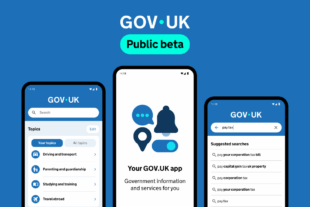June and July are the peak times for publishing official documents, particularly annual reports and accounts.
You must publish all official documents on GOV.UK - even if you’re an exempt agency (one that doesn’t normally publish on GOV.UK). This process was agreed in 2014.
Contact your parent department if you need to publish any official documents on GOV.UK and can’t publish them yourself.
The National Archives team will be on Basecamp to help digital teams with any questions about official documents. And you can always raise a support request if you have any problems publishing.
What counts as an official document
Official documents are government papers that have been formally laid before Parliament. The National Archives has a list of all types of official documents. Some examples are:
- command papers, eg policy documents, international treaties
- House of Commons papers, annual reports and accounts, reports of inquiries
- reports of investigations or independent inquiries (and the government’s response to them)
There’s more information about how to publish official documents on GOV.UK in the how to publish on GOV.UK manual - including how to deal with PDFs and metadata.
Let us know if there’s anything confusing so we can improve the guidance for next year.
When you should publish official documents
You should publish official documents when the document has been laid before Parliament.
You must publish command, House of Commons or un-numbered Act Papers on GOV.UK the same day the document is laid before Parliament.
 The GOV.UK app went live in public beta in July 2025. Find out what’s been happening, and what’s coming next,
The GOV.UK app went live in public beta in July 2025. Find out what’s been happening, and what’s coming next,